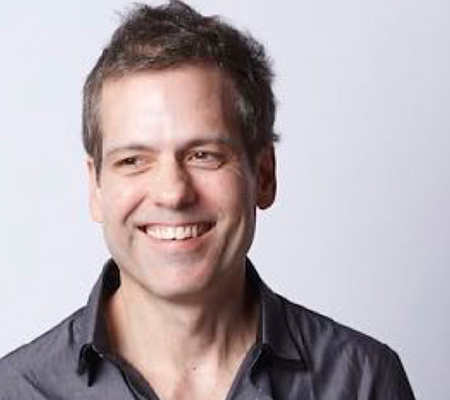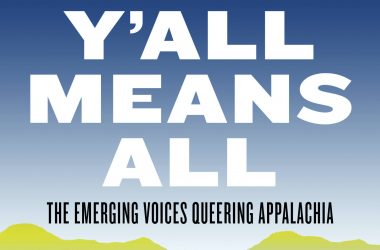By Ian Brennan
CounterPunch
October 7th, 2019

Voices from the streets
I have been to Kibera, arguably the world’s largest slum, a place where human shit runs in the streets.
But I’ve never seen poverty more severe than here.
I’d come home. To my birthplace: Oakland.
Homeless encampments cling beneath freeway overpasses like albatross, enlarging daily, fed in reverse by the excesses of tech-enabled hypercapitalism—our home-grown, capitalistic terrorism.
Crack dealers stand sentry over most encampments with chained pit bulls at the ready. The tent clusters are contoured with baby-carriage carnage and a super mashup of stolen shopping carts.
Most everywhere people now tend towards rapping rather than crooning if asked to communicate musically—their words born from slang and boasts. An untold aspect of poverty is that it suffocates the basic drive to express oneself—let alone the instruments to do so or the willingness of listeners to be attentive. Great truths have been muttered in response to voices inside the stricken’s head—shouted into the wind, ignored.
Sadly, the transient community’s talent pool is almost limitless. And growing by the day.
One woman, Bea, sleeps on a couch sunken under the freeway. She emerged from her sole blanket cover and within seconds launched into a free-association song about the loss of hope that followed her mother’s passing. It was a gut-wrenching but seemingly effortless declaration of grief, waged through toothless gums. She went straight from sleep to baring her soul, with zero pretense.
The self-identified musicians were not as forthcoming.
One refused to record, stating he was going on tour to Paris. We found him days later, crashed out on a park bench instead.
Another elderly man claimed that his debut album was forthcoming and that a cover had been shot by a “real” photographer. Wallowing in this reverie, he then escalated abruptly, leaping to his feet, spitting through his beard, and attempting to square off with me, an eight-inch sheathed blade banging against his hip like a seismograph of his instability. He’d not counted on this scenario resembling too closely ones I’d played out far too many times on locked psychiatric wards. Recognizing that his posturing had not produced the desired effect, he deflated, and we parted friends.
Working in that very county’s psychiatric emergency room for over a decade, the staff were left to untangle whether an individual’s mental health condition had led to homelessness or homelessness itself had caused the affliction. We were straddled by laws that made violence the determining factor whether someone would receive treatment. The “dangerous” were assisted, the peaceful left to fend for themselves or perish.
On an offramp corner, a young lady stood for days, soiled and with unintentional dreadlocks. She wore sole-less Disney princess shoes, sizes too small, and clutched a water bottle laced with miscellaneous microchip parts. Her eyes were at constant drift for dangers she’d recognized too late. She was as vulnerable as someone left for dead on a sidewalk. And she had been. The police passed but could not be waved down.
As a systemic symbol, the recurrent maimed wheelchairs in which many arrived at our hospital doors were as apt as any—disabled people living on the streets with disabled devices. Or the cases of scabies that were left untreated for so long that layers of clothing had furrowed and grafted onto the skin, laced deep down into the dermis like third-degree burns to the point that reconstructive surgery was required.
Now, many cash-strapped social-service programs have been gobbled up by tech companies, with practitioners forced to spend more time on computers than with clients. The giant corporations are invested to ingest data on homelessness—churning destitution into data—profiting from poverty rather than alleviating it.
At Zomba Prison in Malawi, a giant of a guard once blocked my exit and demanded, “Are there any poor people in America?”
When I replied that there were, he poked me hard in the rib with his knuckle and persisted, “No! I mean really poor people. People with no shoes.”
I pondered this for a moment and then told him that such people actually did exist in the USA, that usually they were homeless.
That word stopped him. Even in the world’s number-one poorest nation, such a concept did not exist. No matter how tiny a clay-and-thatch hut, almost no one was ever turned away from it without shelter.
He shook his head in pity, unable to match or top it. America had prevailed again.
This inhumanity occurs not due to lack of wealth but will.
Homelessness is an act of war that we’re all complicit in, to varying degrees.
The more that any single individual life is overexalted and indulged, the less that human life as a whole must be cheapened to compensate.
The day that a person first stepped over another passed out on a sidewalk was as monumental a cultural moment as Neil Armstrong walking on the moon.
The resulting slaughter fills our streets.
Ian Brennan is a Grammy-winning music producer (Tinariwen, The Good Ones [Rwanda], Ramblin’ Jack Elliott, Ustad Saami [Pakistan], Zomba Prison Project) and author. Since 1993 he has taught violence prevention for such prestigious organizations as the University of London, UC Berkeley, and the National Accademia of Science (Rome). His fifth book, Silenced by Sound: the music meritocracy myth was just published in September by PM Press.







